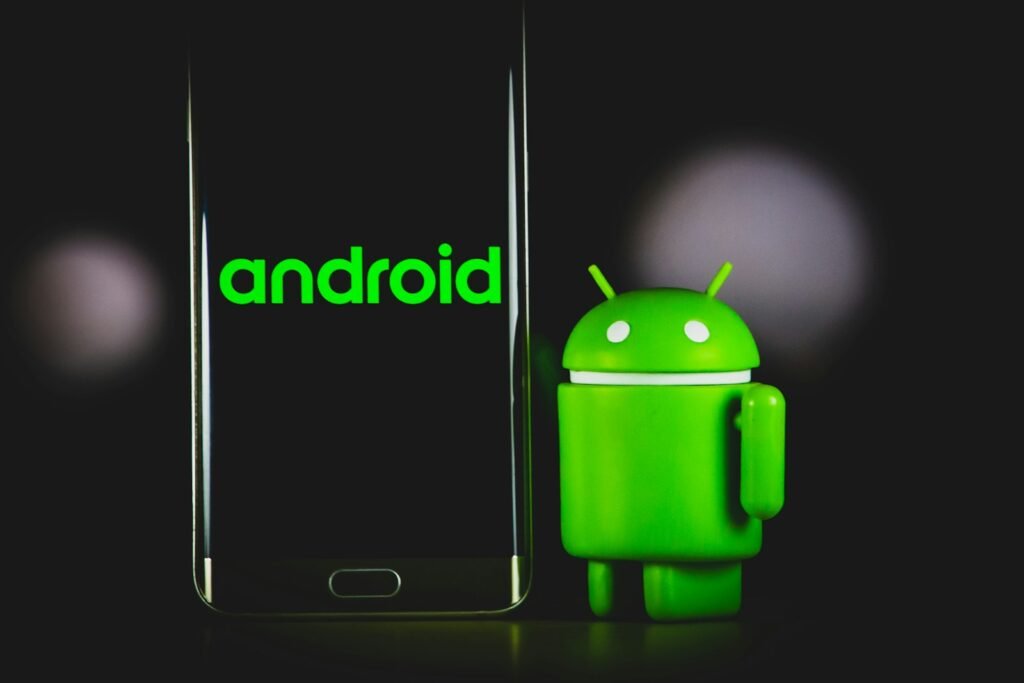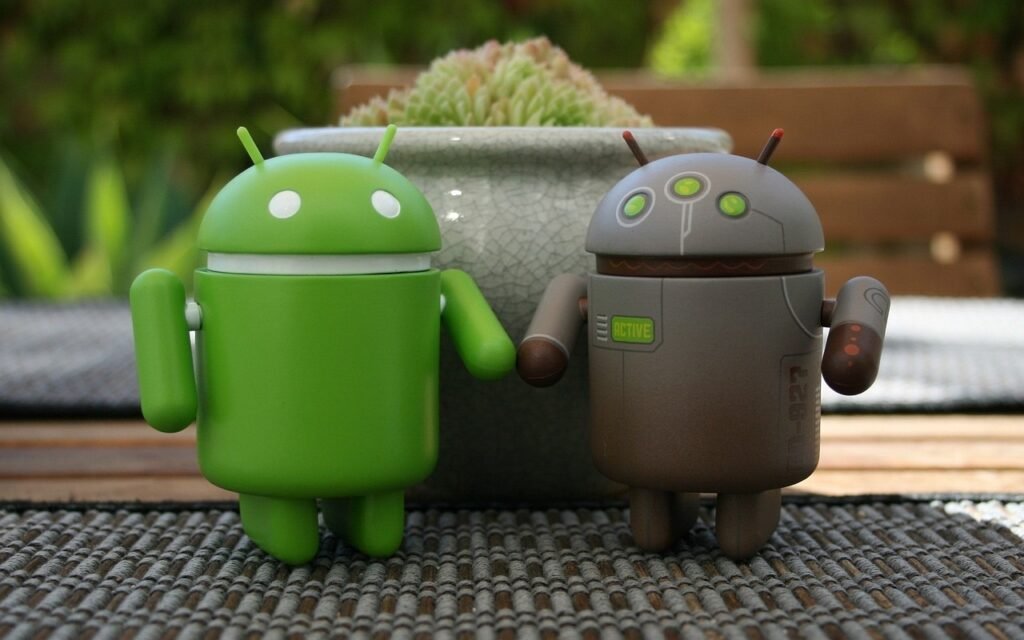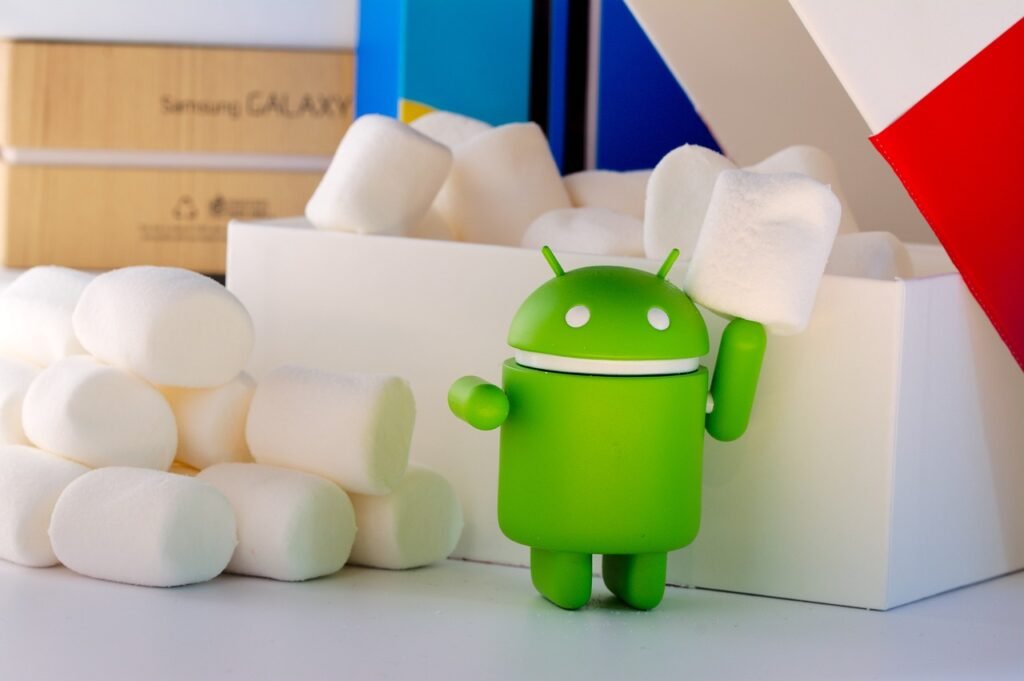Android and iOS 2025 Features: What’s New ?
As we look ahead to 2025, both Android and iOS are set to continue their race for mobile dominance, with each operating system bringing innovative new features designed to meet the ever-growing expectations of users. While 2024 saw significant advancements in AI, battery optimization, and app ecosystem growth, the next generation of Android and iOS promises even greater improvements, with cutting-edge features and capabilities.
In this comprehensive article, we’ll explore the anticipated features of Android and iOS in 2025. We’ll highlight what’s new, compare the strengths of both systems, and offer a glimpse into how these two platforms will continue to evolve over the next few years.
The Ongoing Evolution of Android and iOS
Both Android and iOS remain at the forefront of mobile technology, each offering a distinct user experience. While Android has traditionally been favored for its customization and flexibility, iOS continues to stand out for its seamless integration with Apple’s hardware and strong security features.
Looking ahead to 2025, both platforms are expected to push the boundaries of what’s possible with smartphones and mobile devices, with new developments in AI, battery life, privacy features, and app performance. So, let’s dive into what to expect from each system in 2025.
Android 2025 Features: What’s New and What to Expect
Android continues to innovate at a rapid pace, offering improvements that not only enhance user experience but also lay the groundwork for more advanced AI, machine learning, and smart technologies. Here are some of the key features expected to arrive in Android 2025:

Key Features and Updates for Android in 2025:
- AI-Powered Personalization and Assistant Upgrades
- Google Assistant will undergo a massive transformation in 2025, becoming more intuitive and adaptable, with AI-driven personalization based on user behavior and preferences.
- Expect more dynamic interactions with your phone, where Google Assistant proactively offers helpful suggestions, such as adjusting settings, controlling apps, or even setting up meetings, all based on your usage habits.
- Next-Generation Battery Management and Charging
- Battery life has always been a crucial factor, and in 2025, Android is expected to introduce AI-based adaptive charging that learns your daily charging habits and maximizes battery lifespan.
- Fast charging will continue to improve, with 30-40% faster charging speeds using new technologies like graphene batteries and solid-state batteries, which could potentially allow Android phones to charge in as little as 15 minutes.
- AI-Enhanced Photography
- Android 2025 will push the limits of smartphone photography with AI-driven image enhancements, allowing users to capture professional-quality photos even in challenging lighting conditions.
- Real-time AI editing will be more sophisticated, automatically adjusting color balance, exposure, and focus while you take pictures.
- Integrated Augmented Reality (AR)
- Augmented Reality is expected to play a major role in Android’s future, with improved integration into the operating system. Expect Android 2025 to feature better ARCore performance, enabling more immersive experiences in apps for gaming, navigation, shopping, and entertainment.
- Next-Level Customization Options
- Android’s commitment to customization will be stronger than ever. In 2025, Android users can expect even more granular control over their home screen, widgets, and UI elements.
- With dynamic themes that change based on the time of day, and the ability to customize system animations, Android will offer the most personalized experience of any operating system.

iOS 2025 Features: What’s New and What to Expect
Apple’s iOS is well known for its smooth integration with Apple devices, its security features, and its ease of use. As we move into 2025, Apple will continue refining its iOS ecosystem with new features that improve the user experience, enhance security, and enable more seamless integration with other Apple products.
Key Features and Updates for iOS in 2025:
- Improved AI Integration with Siri and Machine Learning
- Siri is set to become even smarter with AI-powered contextual understanding. In 2025, Siri will no longer just respond to commands but will also anticipate needs and provide proactive suggestions based on your usage patterns.
- Apple will likely deepen its integration of machine learning, enabling iOS apps to predict your needs, adjust device settings, and personalize notifications.
- Enhanced Privacy and Security Features
- iOS 2025 will continue its strong focus on privacy, introducing even more granular control over app permissions, data tracking, and third-party access.
- Expect more encrypted communication channels for apps like iMessage and FaceTime, and enhanced password management tools to protect against breaches.
- Advanced AR Integration
- Apple’s ARKit will continue to evolve in 2025, with more immersive AR experiences and applications, especially for gaming, e-commerce, and real-world navigation.
- With the upcoming Apple AR glasses, iOS will likely lead the way in wearable AR technology, allowing users to interact with both virtual and physical worlds seamlessly.
- Revolutionary User Interface Enhancements
- Apple will introduce more dynamic home screen widgets in iOS 2025. These widgets will be more interactive and will allow users to access essential app functions directly from the home screen, without opening the app itself.
- Expect greater integration of live activities, making it easier to track real-time events (sports scores, live broadcasts, etc.) from your lock screen.
- Smarter App Ecosystem
- With the rise of smart home devices and wearables, iOS 2025 will include even better cross-device syncing between your iPhone, iPad, MacBook, and Apple Watch.
- Integration with HomeKit and HealthKit will see more automation options, letting you control everything from lighting and temperature to personal health metrics through your device.

Android vs iOS 2025: A Comparative Look at New Features
Both Android and iOS continue to compete for dominance in the smartphone market, with each offering unique advantages. Let’s take a closer look at how these features compare in 2025:
| Feature | Android 2025 | iOS 2025 |
|---|---|---|
| AI Integration | AI-powered Google Assistant, smarter machine learning | Siri with more predictive and proactive abilities |
| Customization | Highly customizable UI, widgets, themes, and fonts | Limited customization with sleek, intuitive design |
| Battery Management | AI-based adaptive charging, faster graphene charging | Optimized battery management, smarter power usage |
| Photography | AI-enhanced real-time photo editing | Computational photography with more focus on realism |
| Augmented Reality (AR) | Improved ARCore performance for gaming and shopping | Better ARKit integration with potential for AR glasses |
| Security | Strong privacy dashboard, data control | Encrypted messages, end-to-end privacy in iMessage |
What to Expect from Android and iOS in the Future
While both platforms will continue to grow and improve in 2025, the future of Android and iOS extends beyond what we see today. Here are some of the key trends to look forward to:
- The Rise of Foldable Devices
- Both Android and iOS are expected to support foldable smartphones and tablets, offering users a new category of devices that combine the convenience of phones with the functionality of larger screens.
- 5G and Beyond
- As 5G networks expand, Android and iOS devices will increasingly take advantage of faster speeds, enabling new use cases in gaming, augmented reality, and media consumption.
- AI-Driven Health Monitoring
- With both Google and Apple focusing heavily on healthcare, 2025 could see more integration of AI health tools that can predict and track health conditions, making your smartphone an essential tool for wellness.

What’s Next for Android and iOS in 2025
In 2025, both Android and iOS will continue to offer distinct advantages to users, each advancing in ways that are designed to improve performance, privacy, and overall user experience. Whether you’re looking for greater customization, more AI integration, or cutting-edge AR experiences, both platforms are pushing the envelope.
Key takeaways:
- Android will offer more personalization and AI-powered enhancements, alongside faster charging and improved AR features.
- iOS will focus on security, smarter Siri integration, and new AR capabilities, particularly with Apple’s AR glasses.
- Both platforms will continue to lead the way in AI, privacy, and battery optimization.

FAQ Section
- What are the biggest differences between Android and iOS in 2025?
Android offers more **customization
** and flexibility, while iOS focuses on seamless integration and security.
- Which platform has better AI in 2025?
Android is expected to lead in AI-powered personalization, with Google Assistant becoming smarter. iOS, however, will focus on proactive suggestions via Siri. - Is Android better for privacy than iOS?
Both systems have strong privacy features, but iOS tends to offer more stringent privacy controls and encrypted communication. - Will iOS 2025 be more customizable?
While iOS has always been more restrictive, iOS 2025 will offer dynamic widgets and better integration across devices. - What new AR features will Android and iOS offer in 2025?
Android will improve ARCore for better app experiences, while iOS will likely introduce more immersive AR experiences, especially with AR glasses. - Will Android phones charge faster in 2025?
Yes, Android will offer faster charging with new graphene batteries and AI-based charging technology. - What are the best features in Android 2025 for photographers?
Android’s AI-enhanced photography will offer real-time editing, noise reduction, and improved dynamic range. - Can I expect longer battery life with Android and iOS in 2025?
Yes, both systems will offer improved battery management, with AI helping to optimize energy use throughout the day.








